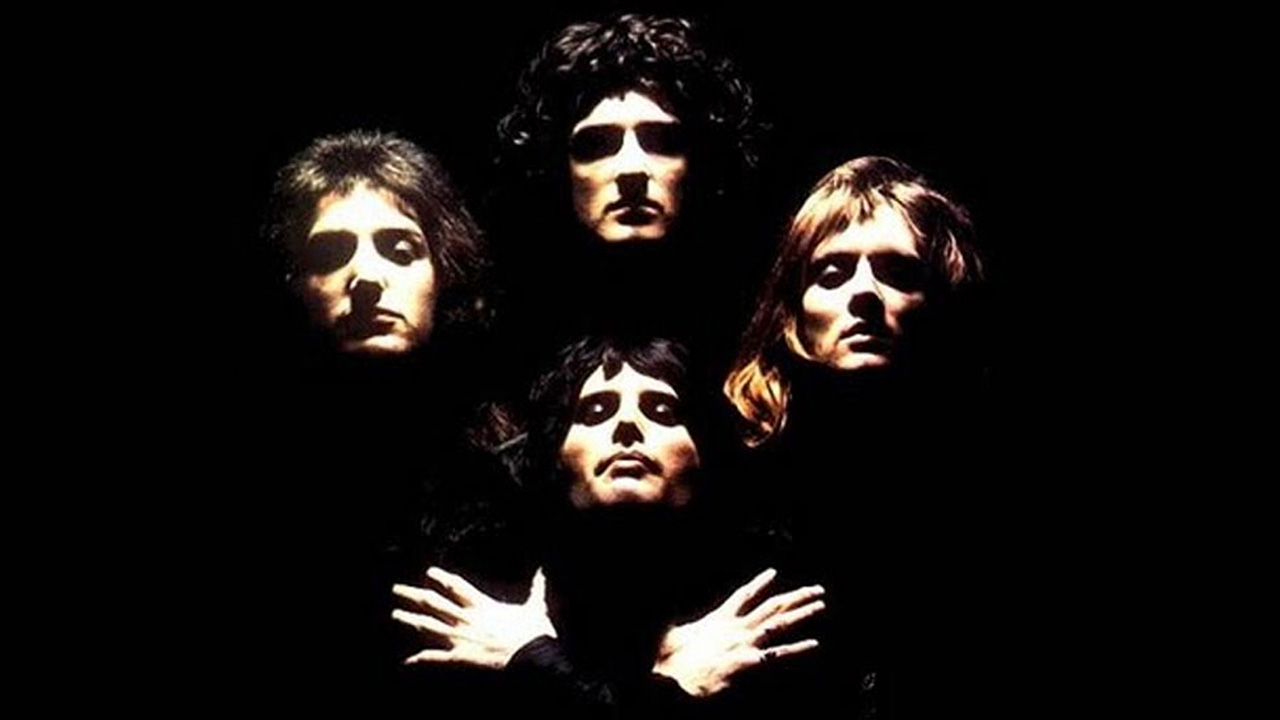Few could deny that an element of progressive rock ran through Queen’s output down the years – perhaps more obvious during some periods than others. In fact, when Prog launched our Outer Limits feature, where we explored the prog credentials of bands not always regarded as part of the genre, Queen was the most-requested subject from our readers. We delivered that requested article in 2012; then in 2020 we offered our own shortlist as to the band’s proggiest moments.
Queen have been many things to many people. A balls-out hard rock band. Purveyors of fine pop music and big hit singles. And once, in what some fans decry as a misstep, funkateers (1981's Hot Space in case you were wondering). But they could also, as this list shows, prog out with the very best of them. Happy listening...
The Prophet's Song
1975's A Night At The Opera is a career highlight in a career packed with many. Overshadowed, to a certain extent by the epic hit single Bohemian Rhapsody, it's the opening track on side two that represents Queen's progressive peak. Written by guitarist Brian May after he had a dream about a flood The Prophet's Song was originally worked on but abandoned during sessions for Queen II. The wind effect was created by recording the sound of an air-conditioning unit through a phaser. It’s Queen's longest song too.
March Of The Black Queen
"That song took me ages to complete," Freddie Mercury once said of March Of The Black Queen. "I wanted to give it everything – to be self-indulgent or whatever." If that doesn't sum up progressive rock, what does? Queen II is often cited as the band's most overtly prog album, and March Of The Black Queen is six and a half minutes of wonderfully prog pomp.
Great King Rat
If Queen II was their most overtly prog rock statement, then Great King Rat from 1973's debut album was the signpost. Lengthy, rocking out and packed with time changes, it typifies the early Queen sound and remains a huge favourite with fans to this day.
My Fairy King
With lyrics inspired by Robert Browning's The Pied Piper Of Hamelin and packed with Mercury’s beloved vocal overdubs, this song – also from the debut album – almost serves as a forerunner to Bohemian Rhapsody. It was also the first chance Queen fans got to hear Mercury hammering away on the piano.
The Fairy Feller's Master-Stroke
Not the longest Queen song by a long shot, but The Fairy Feller's Master-Stroke certainly packs a hell of a lot in to its two minutes and 46 seconds. Inspired by and named after Richard Dadd's painting of the same name and full of fantasy based characters, Roger Taylor once called it Queen's "biggest stereo experiment". Sounds damn proggy to us.
White Queen (As It Began)
Mixing quiet acoustic passages with barnstorming hard rock, White Queen (As It Began) is another indicator that the band were headed towards The Prophet's Song and Bohemian Rhapsody. Written by May and inspired by Robert Graves' The White Goddess, as well as a. female student May was besotted with, it’s another of Queen II's proggy standouts.
Innuendo
Proof that the band’s progressive inclinations were not restricted to their early years, the title track of 1991's Innuendo recalled the glory days of Bohemian Rhapsody, threw in a nod to Led Zeppelin's epic Kashmir and featured Yes guitarist Steve Howe – who explained: “I started noodling around on the guitar, and it was pretty tough. After a couple of hours, I thought, ‘I’ve bitten off more than I can chew here.'," Queen’s longest-ever single – exceeding Bohemian Rhapsody by 35 seconds – it also went straight to No. 1.
Ogre Battle
It's back to Queen II for the rocking opening cut from side two. Ogre Battle dates back to 1971, although the band apparently waited until they had freedom in the studio to do the song justice. And the opening of the song is, in fact, the ending played backwards. Now how prog is that?
Was It Worth It
There's not much to revisit 1989's The Miracle for, save for the rocking big hit I Want It All and this, the final track on the album. On a record that misses the mark in most places, this is evocation of the kind of musicality that was so synonymous with Queen in their early days. It's John Deacon's favourite song on the release.
Bohemian Rhapsody
It's been mentioned throughout this article, and all over the progosphere, so it would be churlish not to include arguably Queen's best-known song. Their first No. 1, one of the longest-ever No. 1s, the only song released by the same band to hit No. 1 over Christmas twice, yaddaa yadda yadda… Yes, we've probably all heard to too much. But it's also a triumph of vision, creativity, talent and imagination. All key ingredients in progressive rock, are they not?




